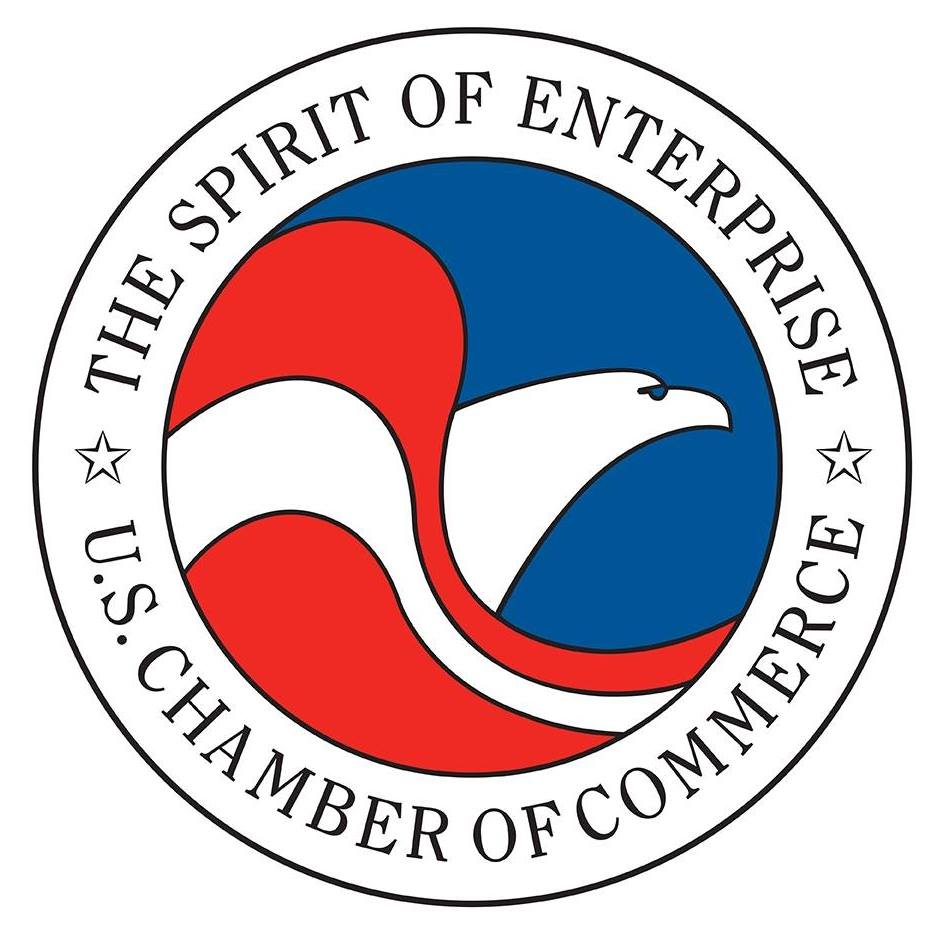News from the United States Chamber of Commerce
Washington, DC: The Senate on Tuesday passed a $484 billion coronavirus relief bill that would replenish a small business rescue program known as the Paycheck Protection Program (PPP), provide hospitals with another $75 billion and implement a nationwide virus testing program to facilitate reopening the economy. The bill now awaits passage by the House. The following is commentary on the bill by Neil Bradley, executive vice president and chief policy officer, U.S. Chamber of Commerce.
Chamber Urges Emergency Action
Every hour of every day, small businesses across the country are being forced to make difficult decisions due to the significant revenue disruptions caused by the coronavirus. These additional funds could make the difference between keeping a business up and running over the coming weeks or being forced to reduce salaries, lay off employees, or shutter businesses entirely. Congress should enact this legislation immediately to help small businesses that need the funding right now.
We urge Congress and the administration to closely monitor the funds available and act swiftly to add additional resources before the funds reach their statutory limit. Congress must next turn to making the necessary technical corrections to programs created in the CARES Act to ensure that all employers — especially all small employers — have access to critical support during this time.
Expresses Disappointment in Funding Delay
Two weeks ago, the administration requested an additional $250 billion for the Paycheck Protection Program (PPP). Regrettably, it took Congress 14 days to come to agreement on what, by all accounts, is a non-controversial package to support small businesses and hospitals and fund more COVID-19 testing. Of course, the bill is not yet law. It still must clear the House where some members are threatening to object to passage, forcing lawmakers to return to Washington.
While it is good news that the PPP and Economic Injury Disaster Loan (EIDL) programs will now reopen, we already know that the additional funding for PPP is likely to be exhausted in a matter of days as literally millions of small businesses are queued up waiting for loan approval.
A couple of lessons can be drawn from the experience of the past two weeks: First, there is no amount of money from the federal government that can replace a safe return to work. Second, to facilitate a safe return to work, we need members of Congress to work more expeditiously and more cooperatively than they have the past two weeks. Additional bridge funding is likely to be required as are resources and legal safe harbors for businesses to implement safe return-to-work plans. We simply can’t afford the type of delays we have just witnessed.
Neil Bradley, is the Executive Vice President and Chief Policy Officer, U.S. Chamber of Commerce
